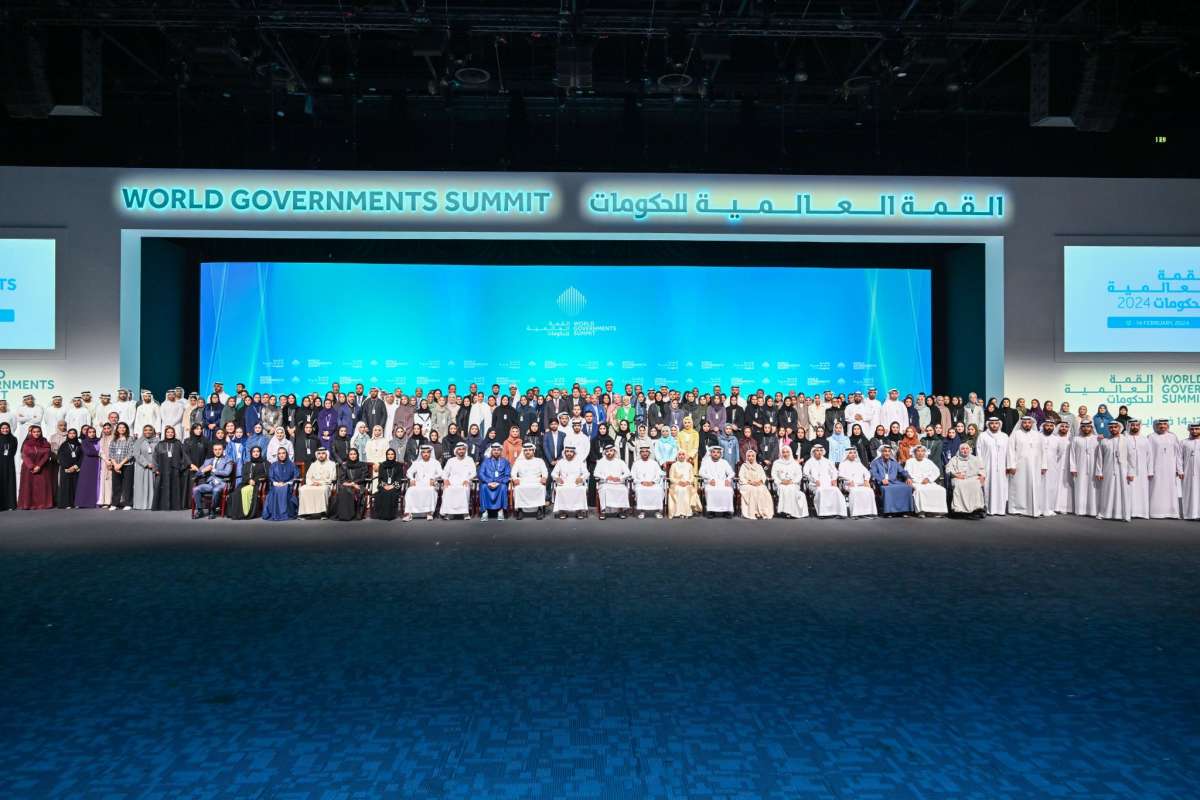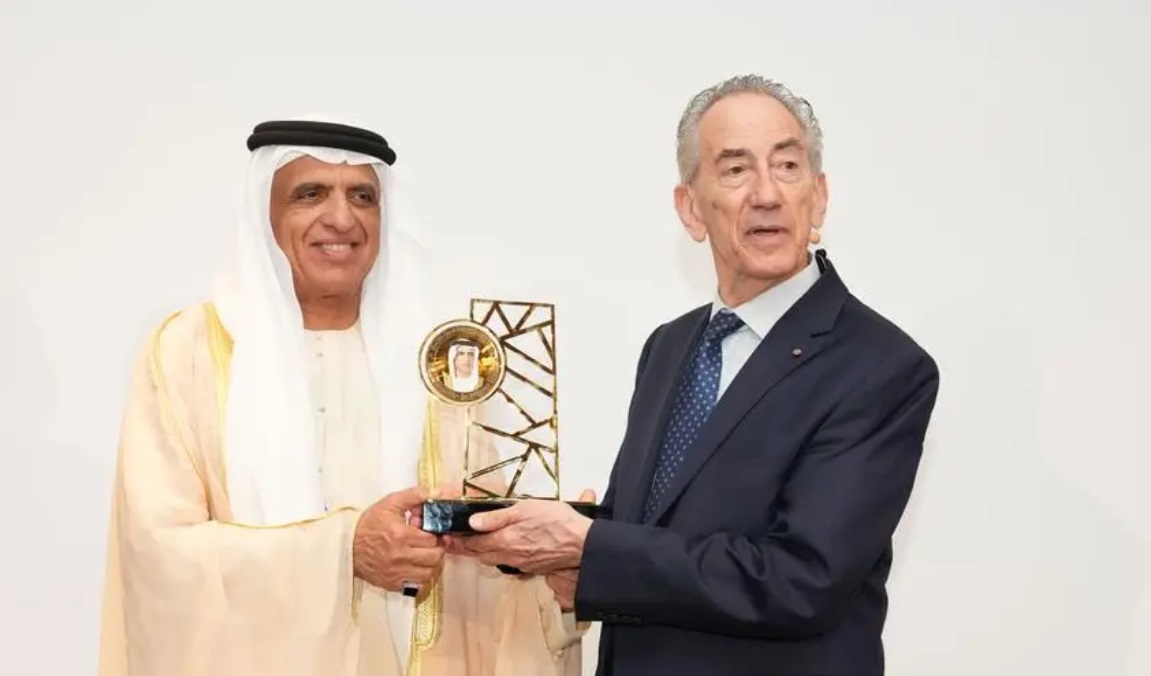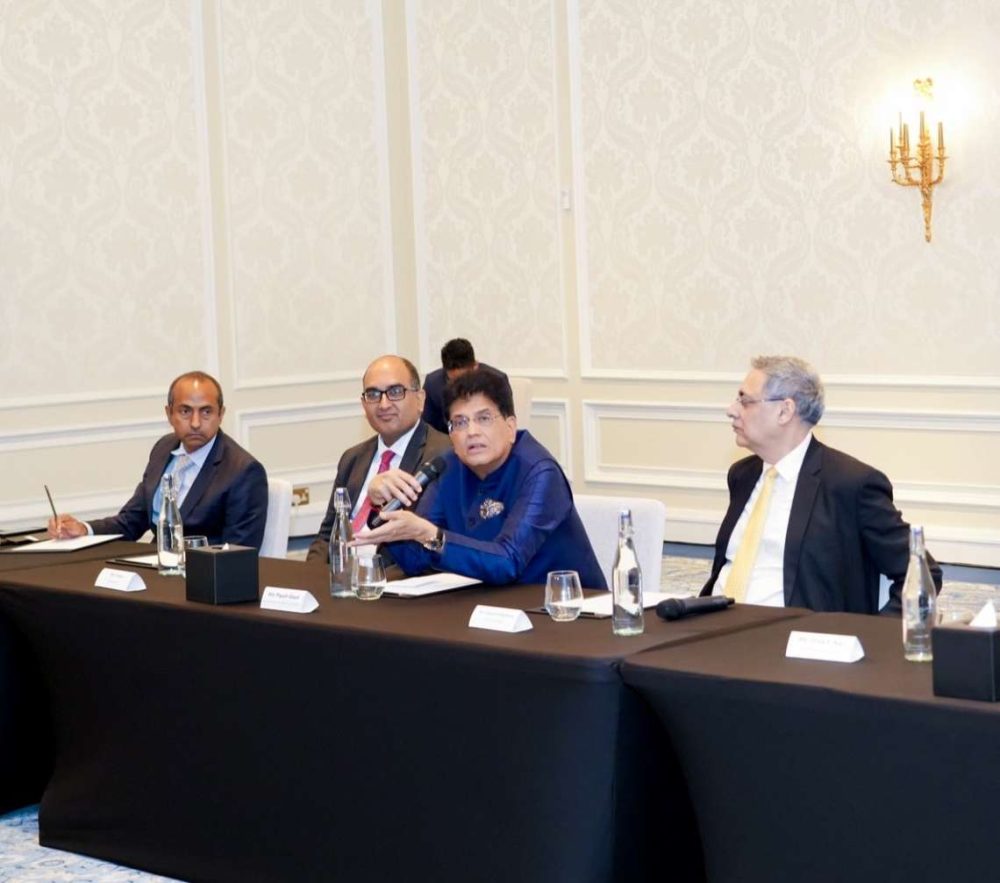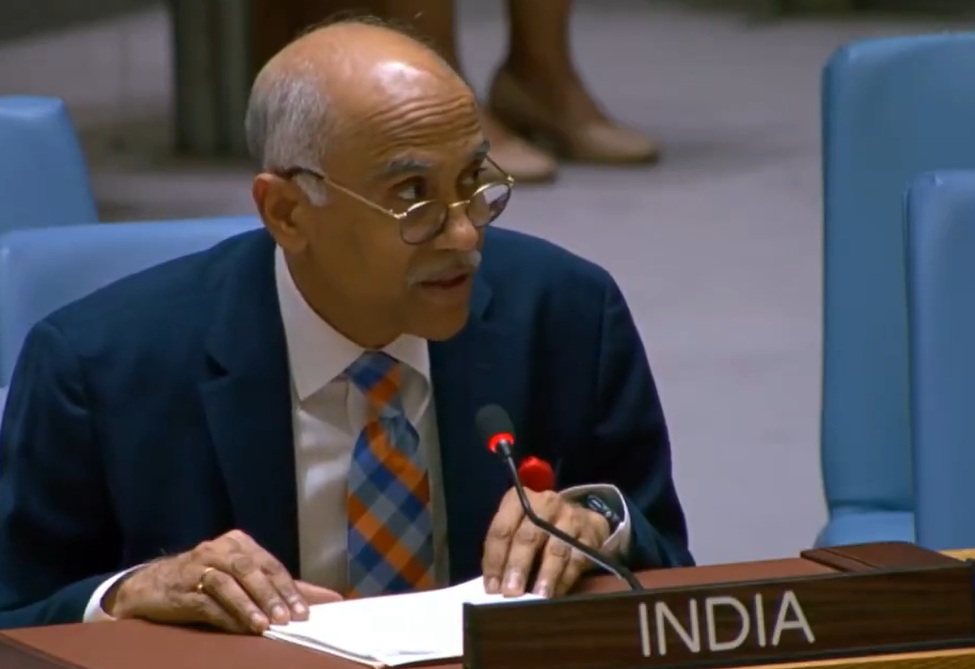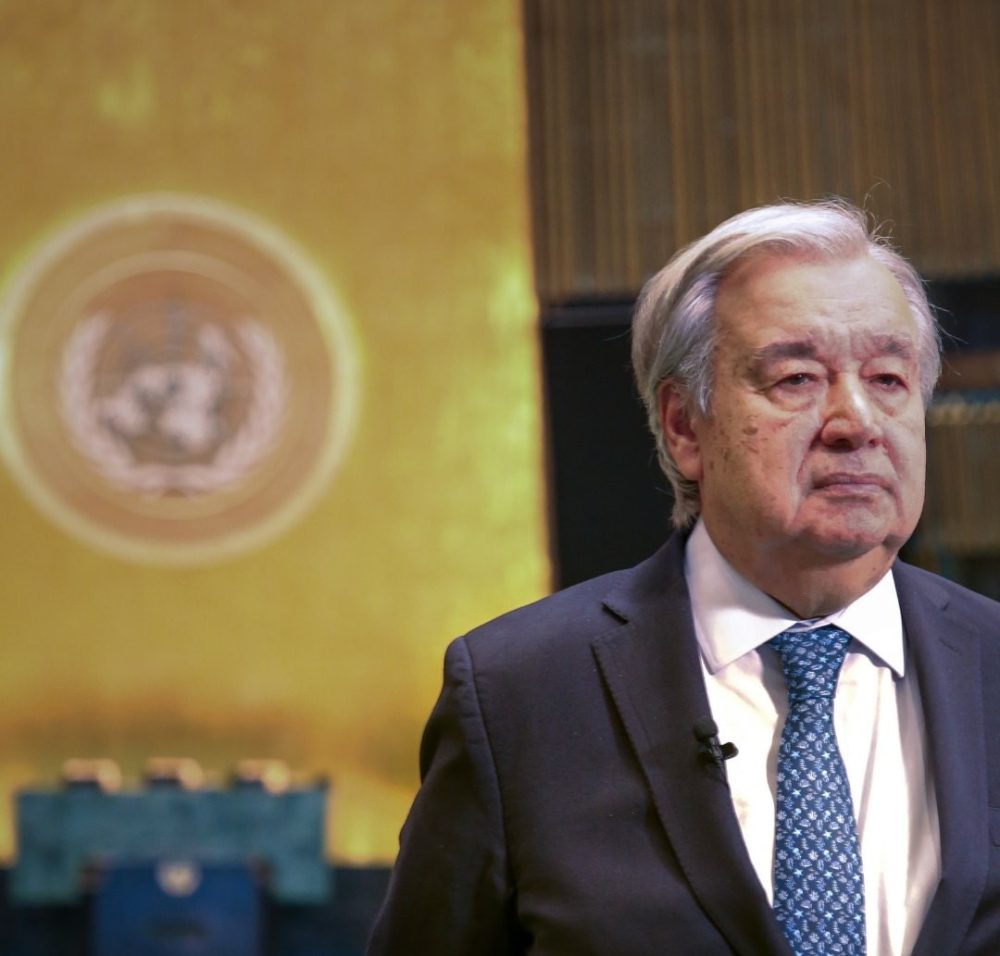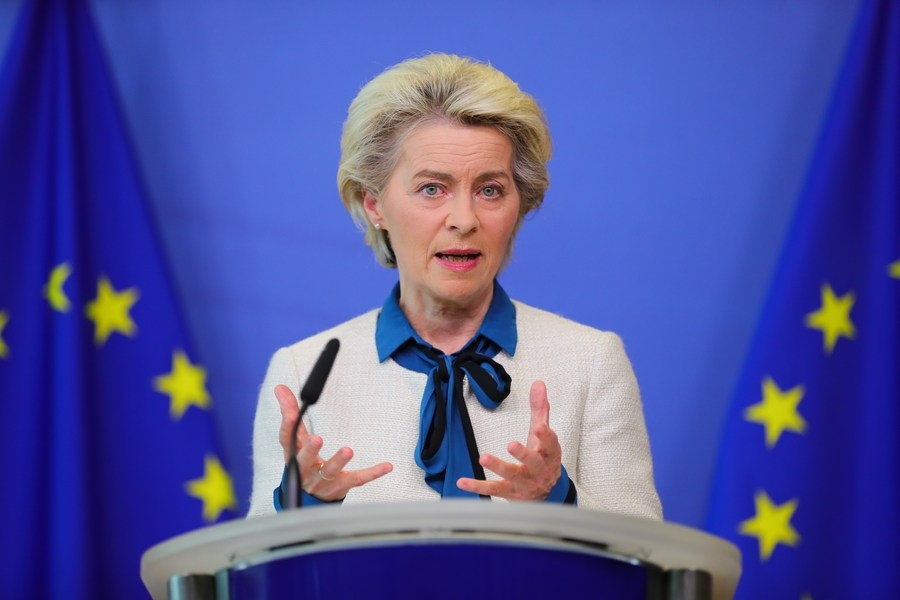The summit was formally opened by Dr Humayon Dar, Chairman, of Cambridge Islamic Funds Programme, and included two panel discussions…reports Asian Lite News
The Cambridge Islamic Funds Programme was held in Jeddah and comprised of the Cambridge Islamic Funds Forum, Cambridge Islamic Funds Awards and the launch of the Islamic Wealth Management Report 2024. After thirteen successful years with the Global Islamic Finance Awards (GIFA), the launch of the Cambridge Islamic Funds Awards (CIFA) represents a new chapter. This special awards programme celebrates the best in Islamic funds, asset, and wealth management, recognising the hard work of individuals and organisations driving innovation and excellence in the industry.
To sustain growth in Islamic asset management, it’s crucial to innovate and embrace environmental, social, and governance (ESG) principles. By incorporating ESG factors into investment decisions and adopting progressive approaches, Islamic asset managers can harmonise financial goals with ethical standards, nurturing enduring sustainability. Through collaboration, education, and unwavering transparency, the Islamic finance sector can champion responsible investing, creating beneficial social outcomes alongside strong financial performance.
The Cambridge Islamic Funds Programme, under which the Cambridge Islamic Funds Forum were organised by Cambridge IFA brought together experts, CEOs, fund managers, government representatives, and influential market players to discuss and deliberate on building a sustainable future for Islamic funds, asset and wealth management industry.
The summit was formally opened by Dr Humayon Dar, Chairman, of Cambridge Islamic Funds Programme, and included two panel discussions. Dr Dar emphasised the importance of having an open discourse and bringing the much-needed highlight to the Islamic wealth management industry. In the midst of mounting geopolitical tensions and a transition towards multipolarity, the stability and growth indicators of Islamic finance unmistakably emphasise its socioeconomic benefits, acting as the primary catalyst for its growing reputation.
“US$7.2 trillion is the wealth held by the Muslim countries, including the public and private sector, and differentiation should be made between the wealth held by Muslim countries and Islamic wealth. Not all the wealth is Shari’a compliant.”
The first panel discussion on “Shaping the Future of Islamic Asset Management: The Emergence of Innovative Investment Products” was moderated by Abdul Davids, Head of Research, Camissa Asset Management; and the panellists included, Maroun Jalkh, Chief Executive Officer, Azimut (ME) Limited; Ebrahim Oboud Baeshen, Regional Managing Partner, KPMG Saudi Arabia; Dr Dawood Ashraf, Senior Research Economist, Islamic Development Bank (IsDB) and Hajara Adeola, CEO/Managing Director, Lotus Capital Limited.
The panel members unanimously agreed on the importance of innovation in shaping the future of Islamic asset management. Embracing technology, exploring new investment opportunities, and adapting to the changing needs of investors is crucial for ensuring the long-term sustainability and growth of this sector. Islamic asset managers also have an additional responsibility to integrate environmental, social, and governance (ESG) principles into their Islamic investment products. This integration requires them to include these principles in their investment strategies and decision-making processes. Despite facing challenges such as liquidity constraints and regulatory complexities, there are many opportunities in sectors like sukuk, capital markets, private equity, and real estate investment trusts (REITs), which offer diversification and potentially higher returns while remaining Shari’a-compliant.
The increasing importance of digital transformation and cybersecurity is noteworthy, and asset managers must ensure that innovation not only meets regulatory requirements but also enhances efficiency and security standards. The principles of Islamic finance, such as risk-sharing, asset-backing, and avoidance of speculative transactions, significantly contribute to greater stability and resilience in volatile market conditions.
The second panel discussion was on, “Integrating ESG into Islamic Asset and Fund Management – Opportunities and Challenge”. Dr Suhaida Mahpot, Chief Executive Officer, Amanie Advisors Malaysia moderated the session and included, Hakan Ozyon Founder & CEO, Hejaz Finance; Monem Salam, Executive Vice President and Director, Saturna Capital Corporation; Nadir Rahman, Chief Executive Officer, Faysal Funds and Lim Say Cheong, Chief Executive Officer, Saudi Venture Capital Investment Company as panellists.
The debate on how ESG factors impact financial performance in Islamic finance revolves around achieving a balance between ethical considerations and competitive financial returns. Fundamental Islamic finance principles, such as risk-sharing, asset-backing, and avoiding speculative transactions, align well with sustainable and responsible investing practices. By carefully choosing investments based on ESG criteria, Islamic finance can reduce risks related to environmental, social, and governance issues, potentially improving long-term financial performance. Our focus on supporting startups and entrepreneurs who uphold strong ESG values and ethical business practices helps create a sustainable and socially responsible investment environment. Through dedication to innovation and adaptability, we position ourselves to capitalize on emerging opportunities and trends in the ESG and Islamic finance sectors, ultimately driving positive impact and value creation for our investors and the companies in our portfolio.
The event also saw the launch of the 3rd edition of the Islamic Wealth Management Report (IWMR). IWMR 2024 is the first report ever to present an estimated size of the wealth held by Muslims and a comprehensive figure estimating the size of Islamic wealth held globally. This report represents a thorough analysis of the present dynamics and upcoming trends within the Islamic wealth management sector. This report serves as evidence of the diligent contributions of scholars, experts, and industry leaders who have graciously imparted their profound insights, aiding in a holistic comprehension of the current state and prospective direction of Islamic wealth management.
“We started the Islamic Wealth Management Report (IWMR) in 2016, followed by 2018 and the idea was to release it every 2 years. But then COVID hit us and we could not sustain it. This year we decided to formally relaunch the IWMR 2024 at the Cambridge Islamic Funds Programme in Jeddah.”
The event concluded with a vibrant celebration highlighting the exemplary practices and notable contributions of CEOs, fund managers, and organisations to the Islamic financial services industry, particularly focusing on Islamic funds, asset management, and wealth management. Participants from approximately 15 countries gathered in Jeddah to commemorate the evolving landscape and emerging trends within the Islamic wealth management domain. The event aimed to honour leaders who have dedicated significant efforts to foster sustainable financial growth and uphold the ethical principles of Islamic wealth management.
Awards were given to the winners in more than 30 categories to recognise the best funds, asset managers, Islamic banks, supporting institutions and other Islamic wealth management solutions providers. The winners included; HSBC Islamic Global Equity Index Fund; Saturna Global Sustainable Fund, AmIslamic Funds Management, Gulf Islamic Investments (GII), The Zeal Corporation, Faysal Funds, Franklin Templeton, HBL Asset Management Limited, Saturna Capital USA, Bank Islam Brunei Darussalam (BIBD), Bank Nizwa, Bank Islam Trust Company (Labuan) Ltd, EY Luxembourg, Takaful Malaysia, Amanie Advisors, KPMG MESAC, Saudi Venture Capital Investment Company, UNHCR Global Islamic Fund for Refugees, NI Capital, Alpha Capital, Hejaz Asset Management, Lotus Capital Limited, Franklin Shariah Technology Fund, Camissa Islamic Balanced Fund, SNB Capital & SNB Capital North America Index Fund, Alfalah Asset Management and Azimut Holdings.



